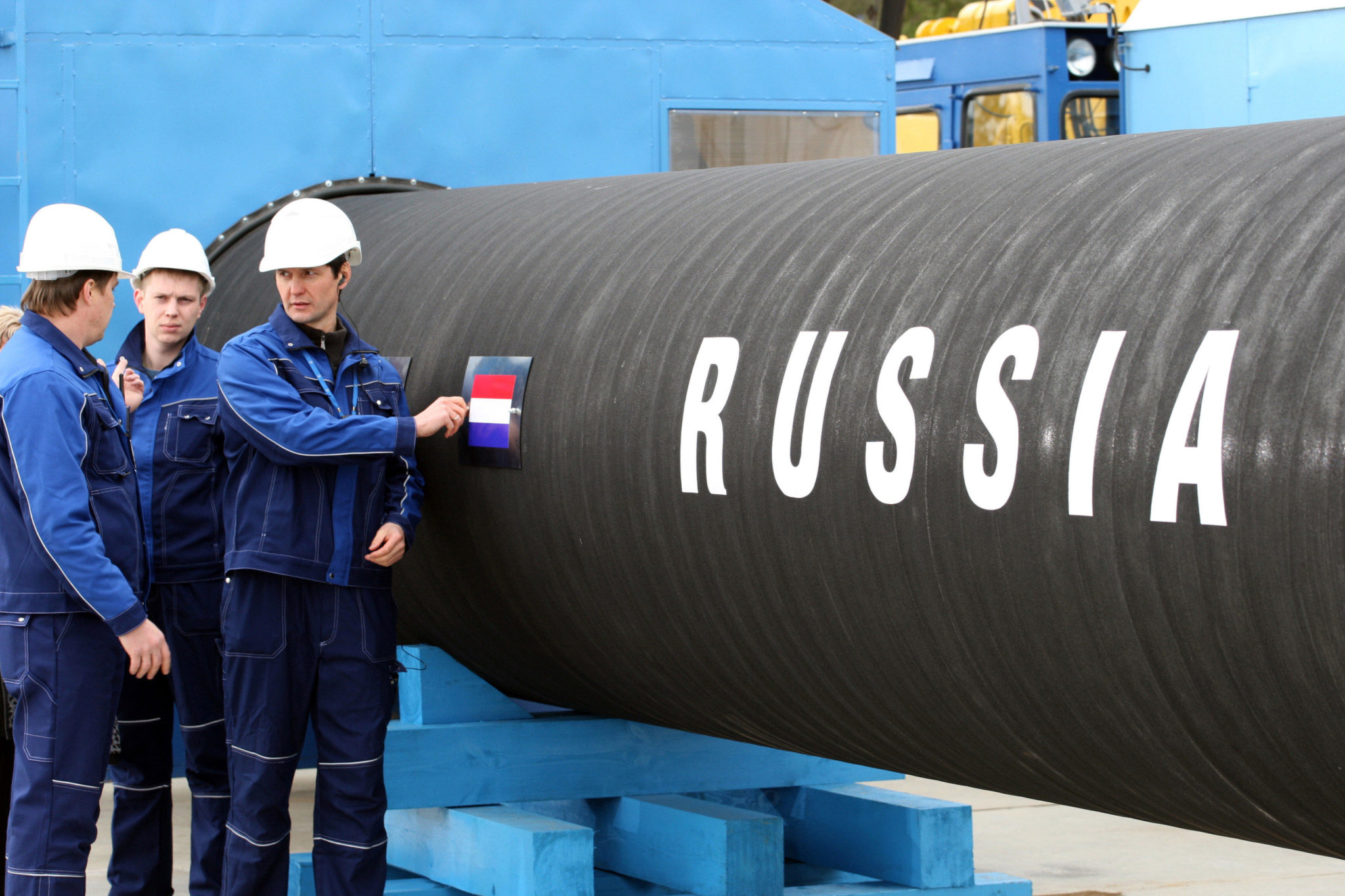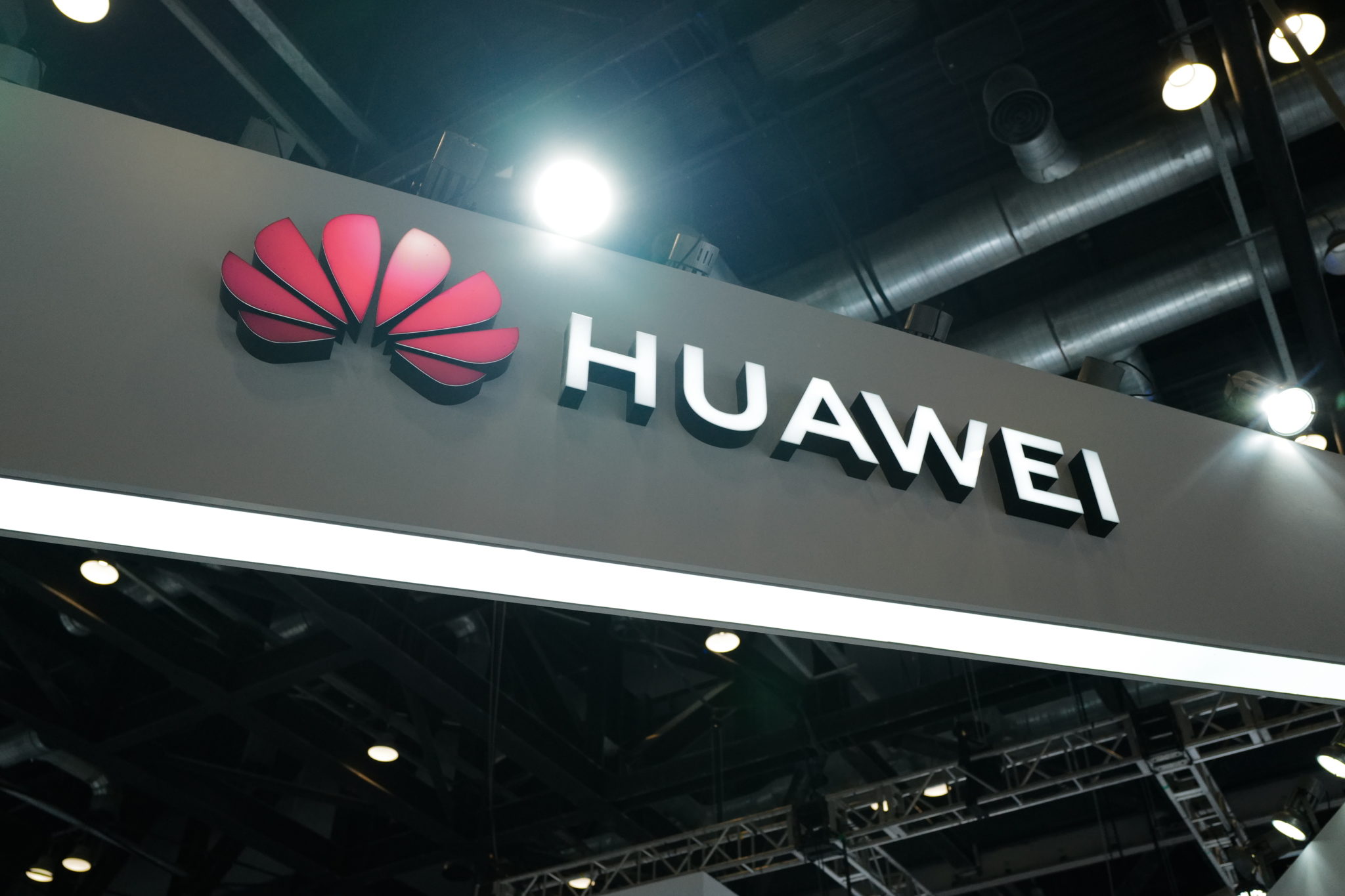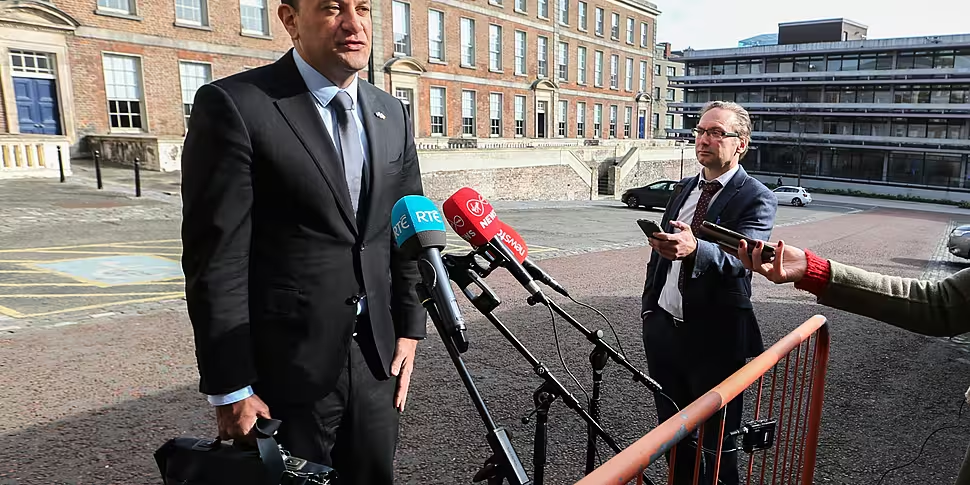Tánaiste Leo Varadkar has pledged to stop non-EU investment in Ireland “if it threatens our security or safety”.
As Minister for Enterprise, Trade and Employment, Mr Varadkar has drawn up a bill that will give the Government the power to veto investment in Ireland for the first time in history.
“We have to be not naïve about the fact that sometimes states and state owned companies from countries that [don’t] share our values may want to invest in sensitive or critical infrastructure projects,” An Tánaiste explained to Newstalk.
“Such as our health service or electricity grid, our military infrastructure, port infrastructure and what this legislation will allow us to do for the first time is it will give the Government the power to screen those investments.”
We're publishing a new law which will allow Ireland to screen certain types of foreign investment and block/restrict it if threatens our security or safety. We’ve worked hard to create welcoming environment for investment but prudent to protect from minority with ulterior motives
— Leo Varadkar (@LeoVaradkar) June 26, 2022
The legislation will apply only to non-EU companies and Mr Varadkar promised the state would vet applications quickly:
“And if a non-EU investor wants to invest in a sensitive area that investment will be screened,” he continued.
“We’ll do it quite quickly, we anticipate that in the vast majority of cases it will be fine but if we’re concerned that the investor might have negative intentions or an ulterior motive - particularly if they’re investing in areas that would affect our national security or our crucial infrastructure - it would then allow us to ask questions.
“And if needs be to block that investment or apply conditions.”
Investment versus values
The ethics of foreign investment has increasingly become a matter of international politics in recent years; during the Trump administration, American officials raged against Germany’s decision to plough ahead with the construction of the Nord Stream 2 pipeline.
The controversial project would have cheaply transported billions of euros worth of Russian fossil fuels into Germany via the Baltic Sea and former US President Donald Trump complained that it would turn Berlin into a "hostage of Russia".
Washington sanctioned companies involved in the project and Germany and the European Union complained about American "interference in autonomous decisions taken in Europe".
However, in the wake of Russia’s invasion of Ukraine, Chancellor Olaf Scholz halted the project and said Germany would begin the difficult process of weaning itself off Russian fossil fuels.
 CCR4Y6 St.Petersburg, Russia.April 9, 2010. Construction of the Nord Stream pipeline from Russia to Europe under the Baltic Sea was officially launched near Vyborg in the city of Leningrad region. Pictured: Gazprom company workers
CCR4Y6 St.Petersburg, Russia.April 9, 2010. Construction of the Nord Stream pipeline from Russia to Europe under the Baltic Sea was officially launched near Vyborg in the city of Leningrad region. Pictured: Gazprom company workersSimilarly in Britain, Prime Minister Boris Johnson found himself on the receiving end of a Trump rant after London announced it would allowed Huawei, the Chinese telecom giant, to build its 5G network.
President Trump was reportedly “apoplectic” during a phone call with Mr Johnson, urging him to cancel the project on the grounds of national security; Huawei has been accused of being an extension of the Chinese state and Washington was concerned that the company could help Beijing spy on Britain.
The British Government admitted that Huawei was a “high-risk vendor” but said it would cap its involvement in the project.
 The logo of Huawei, a Chinese multinational technology company designing, developing and selling telecommunications equipment and consumer electronics.
The logo of Huawei, a Chinese multinational technology company designing, developing and selling telecommunications equipment and consumer electronics.However, that was before the COVID-19 pandemic caused a re-evaluation of western policy towards China. In July 2020, the British Government announced the end of its collaboration with Huawei and ordered the removal of all the firm’s equipment from Britain’s 5G network by 2027.
“As facts have changed, so has our approach,” Oliver Dowden, then Secretary of State for Digital, Culture, Media and Sport told the House of Commons.
“This has not been an easy decision, but it is the right one for the UK’s telecoms networks, for our national security and our economy, both now and indeed in the long run.”
The decision was described by the New York Times as a “big victory for the Trump administration.”
Main image: Tánaiste Leo Varadkar arriving at Cabinet, 22-03-2022. Image: Sasko Lazarov / RollingNews









